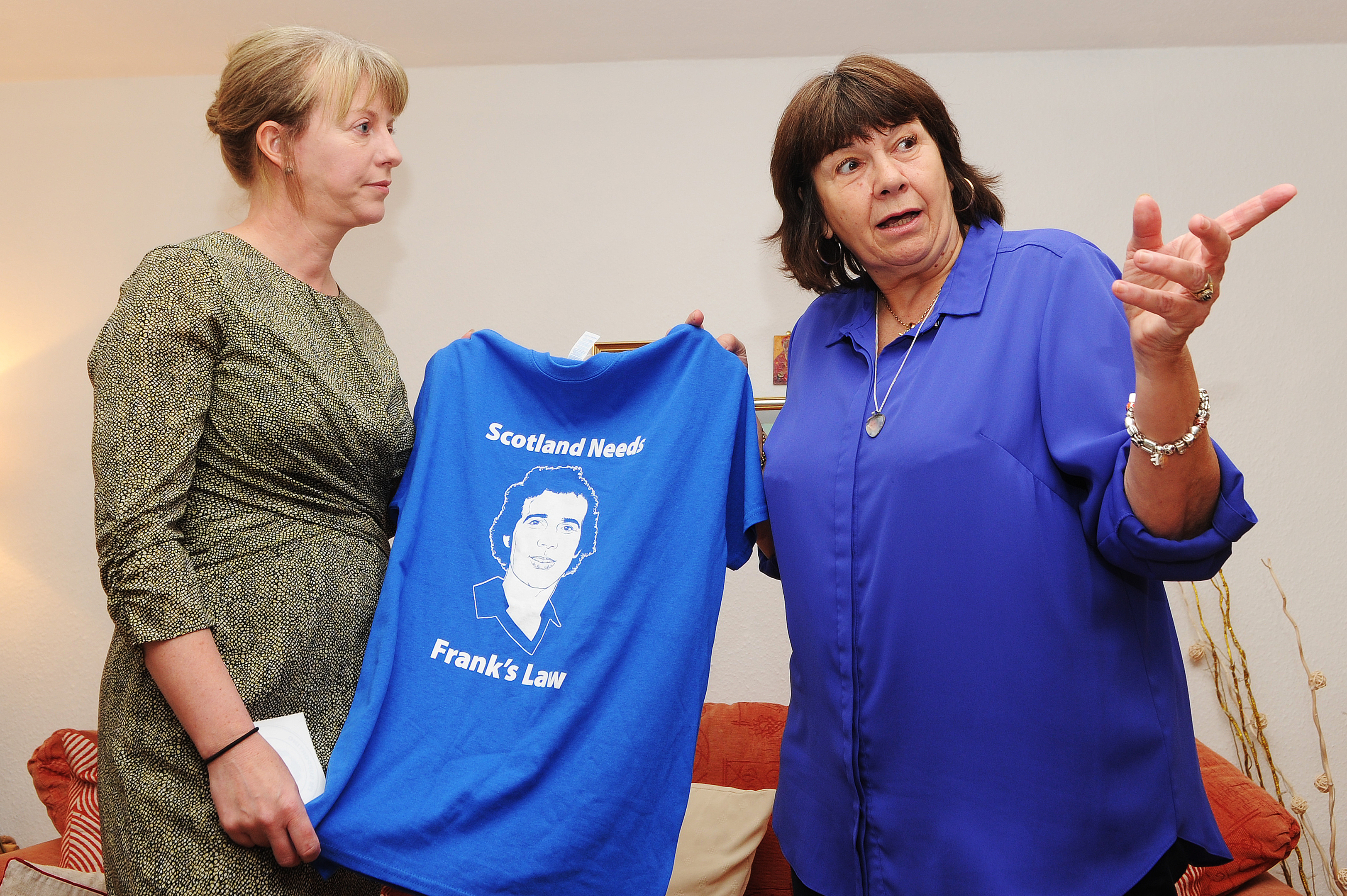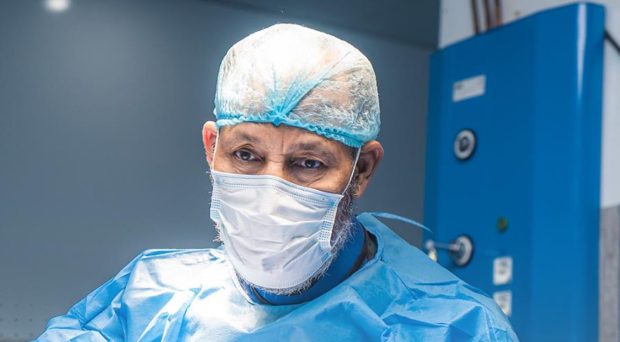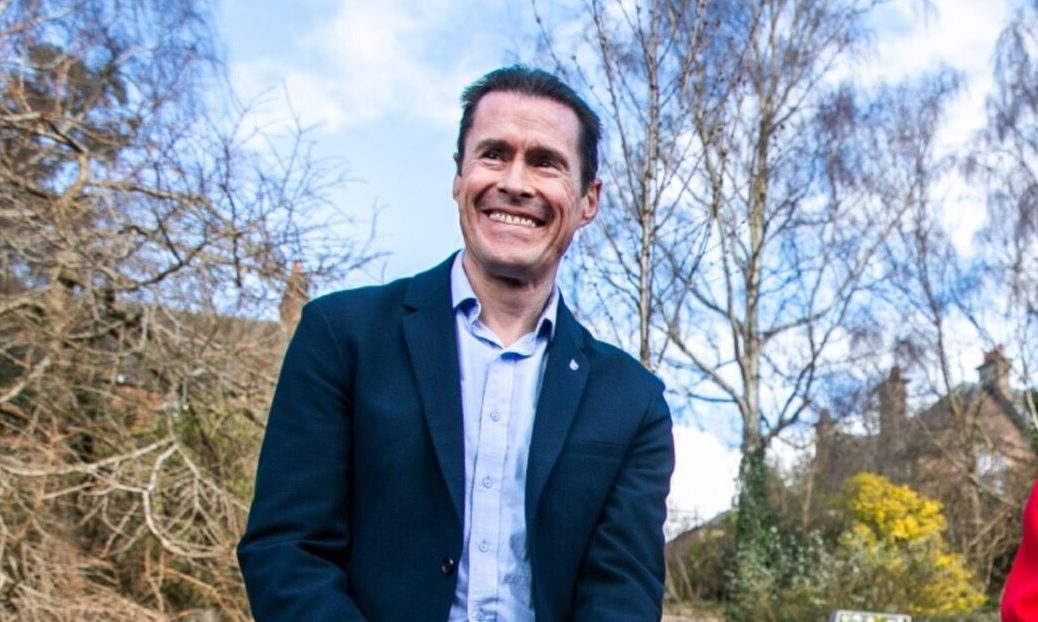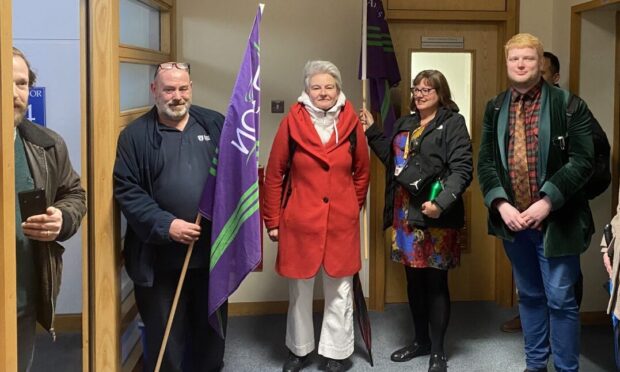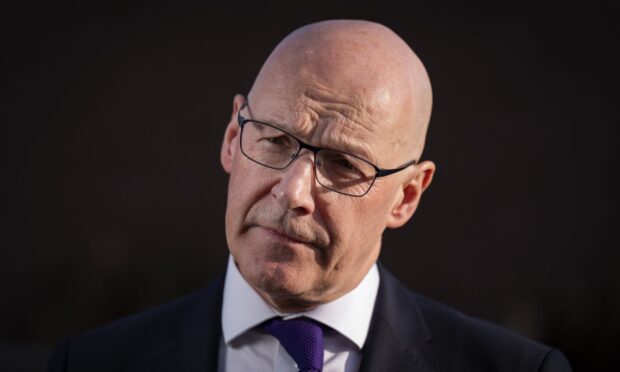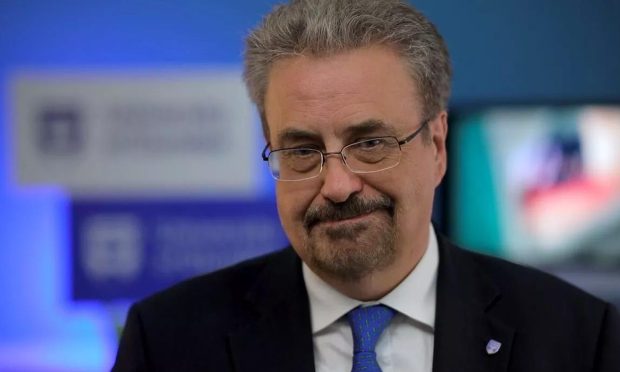The Health Secretary has fired a warning shot against any attempt by UK ministers to use Frank’s Law as an excuse to slash benefits.
Shona Robison, whose government vowed to extend free personal care to under-65s last week, has demanded an “absolute assurance” that existing social security payments will be protected.
The Scottish Government said it would implement Frank’s Law in full by abolishing care charges for younger victims of debilitating conditions by April 2019.
Ms Robison, the Dundee East MSP, said there was a benefits grab by UK ministers in 2002 when free personal care for over-65s came in for Scots.
In a letter to work and pensions secretary David Gauke, Ms Robison said: “I am writing to seek an absolute assurance from the UK Government that when free personal care is extended to under-65s, that there will be no reduction in the level of benefits received by those self-funders in residential care in receipt of disability living allowance and personal independence payments before these benefits transfer to the Scottish Government.”
The SNP’s commitment to bring in Frank’s Law follows tireless campaigning by Amanda Kopel, the widow of Dundee United footballer Frank. The four-year campaign was backed by The Courier.
The left-back’s family was forced to pay £1,200 a month for his dementia care at home.
He died in 2014, just weeks after his 65th birthday, when he became eligible for free personal care.
Miles Briggs, the Scottish Conservative MSP who lodged a member’s bill, has called for the implementation of Frank’s Law to be brought forward to April 2018.
The control of 11 benefits as well as the power to create new payments and top-up reserved ones is being transferred from Westminster to Holyrood.
A DWP spokesman was unable to give assurances over whether there would be cuts to benefits before the powers are devolved.
“Our commitment to devolution means significant welfare spending powers have been devolved to Scotland and the Scottish Government will soon gain spending powers over many disability benefits,” he said.
“We spend more than £50bn a year to support disabled people and those with health conditions – more than ever before, and the second highest in the G7.
“We’re committed to furthering rights and opportunities for all disabled people and empowering disabled people in all aspects of their lives.”
